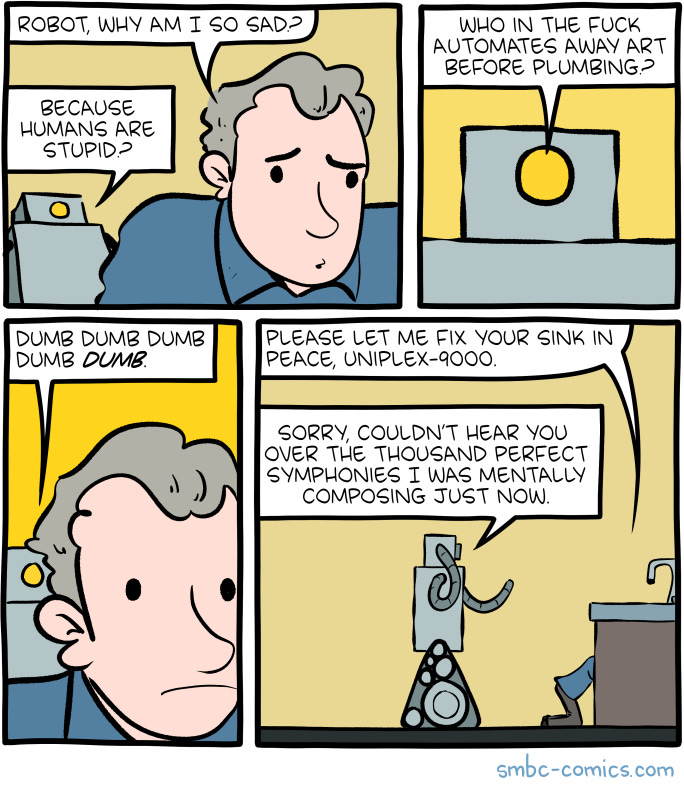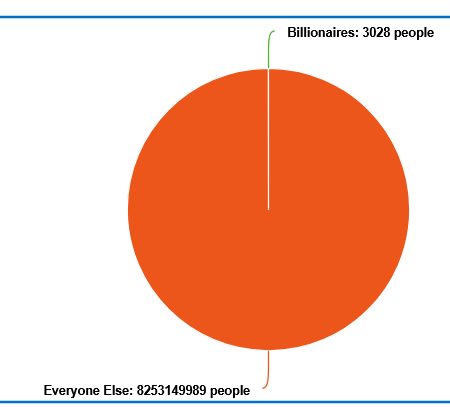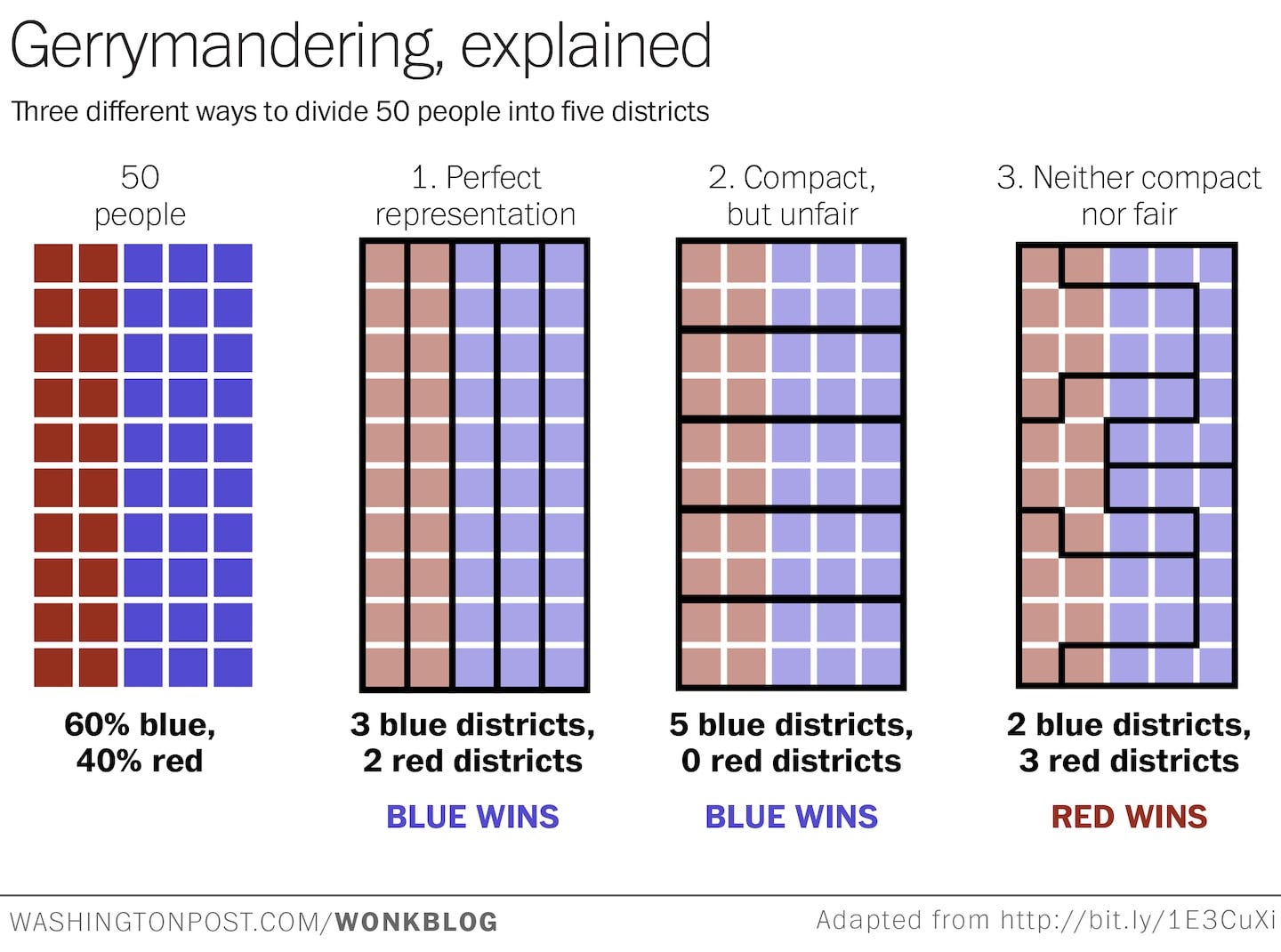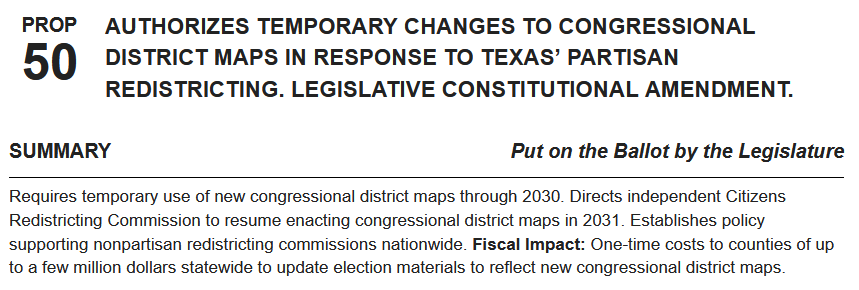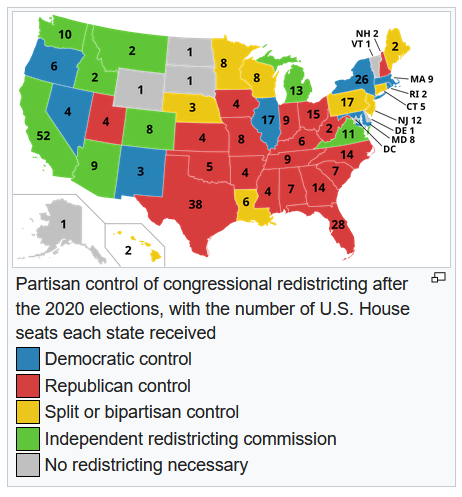Yes, three of these arguably should not be listed. But it's October, baby.
.
 |
| ELSEWHERE YouTube |
The adaptation the students voted for was waaaaaaay to quiet, so we watched their #2 instead. I think I'm glad. It's on Hofstra University's most-accurate Globe reproduction and it works hard to make the humor work. Julia's bit with the ripped-up letter was excellent physical comedy.
Speaking of physical comedy, the codpieces were . . . a bit much.
My main complaint is of the video production. It seems like they picked shots live as the play was happening and just never went back (maybe couldn't go back?) to reselect. Ofttimes the audience is laughing at something we know not what. Frustrating for us here in the video audience.
Giving Sylvia one of Valentine's lines at the end helped fix the ickiness of the ending. Leaning queer in the final moments didn't hurt either.
 |
| THEATER The Roxie |
Exciting to have Don Hertzfeldt getting a nice set of animation into theaters again. I hope it becomes a regular thing.
Don only made little intro/outro animations with his popcorn guys mocking AI animation. Of the films he collected, I had only seen "The Flying Sailor" and "The Big Snit" before (both of which I quote like; I saw so much more detail in "Snit" than ever before by virtue of the big screen). I've reviewed the new-to-mes on Lettterboxd:
Martyr's Guidebook, Zoon Pineapple Calamari Wednesdays with Goddard [not on Letterboxd: "Selected Line Animations" by Bruce Bickford, presumably tests for his "Cas'l'"?] I Am Alone and My Head Is On Fire The Hill Farm Larry Jesus 2
(This is missing a couple that the guy I borrowed the list from on Letterboxd did not include: "Holy Cow" [which I can't find on Letterboxd] and maybe a couple others, but I can't read my notes. Sorry.)
 |
| HOME Kanopy |
It's still very good but honestly rewatchability is not that high for me.
 |
| HOME our dvd |
No.
As a matter of fact, I do not think it will ever get old.
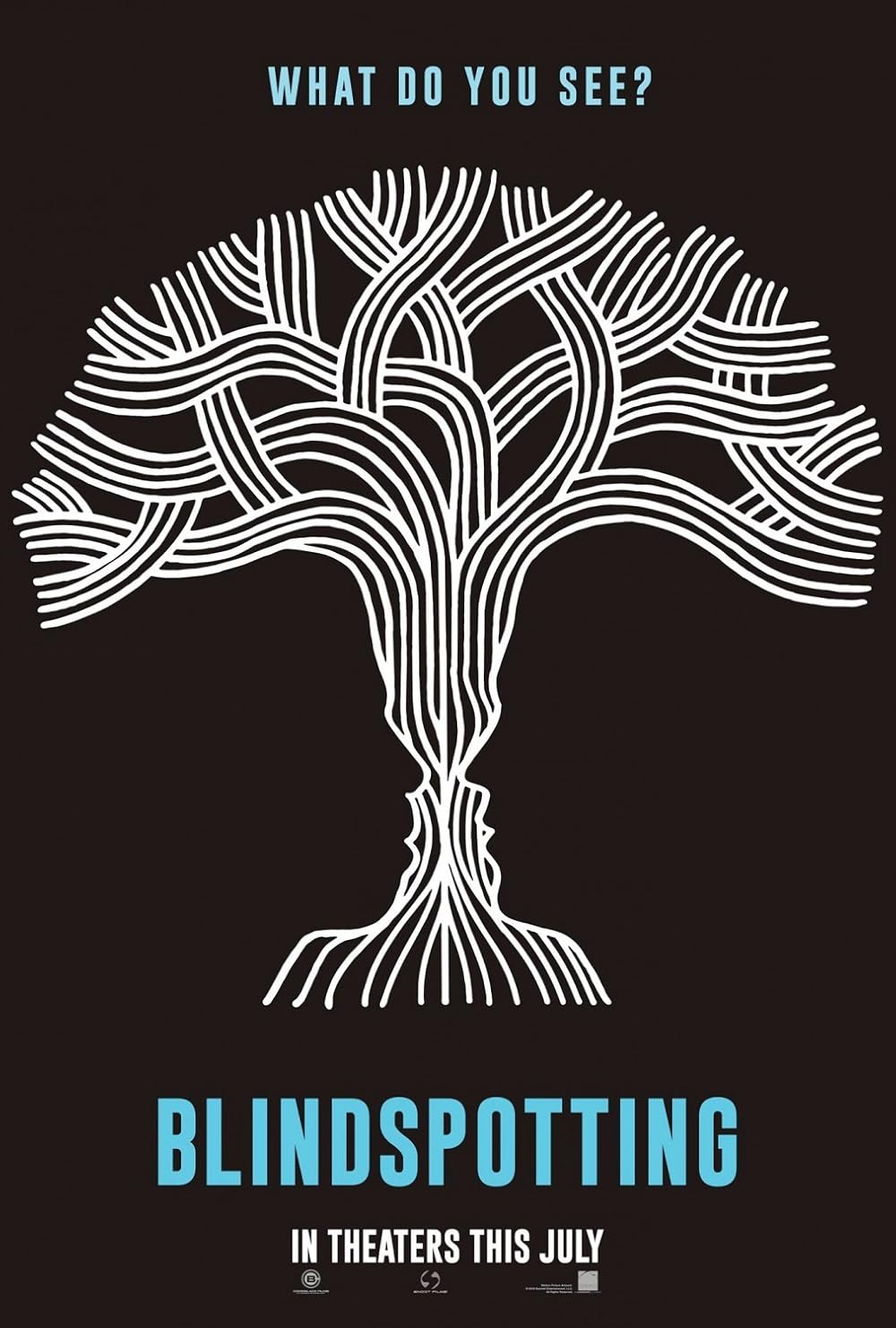 |
| OME Contra Costa Library dvd |
This is one of the best made movies of the last ten years AND it's one of the most explanatory. If you feel like you don't understand race in America, you could do a lot worse than watch Blindspotting.
It's also s'damn much fun.
I remember the first time, not knowing what would happen in that penultimate scene. I did not know. And that's what makes its final line so excellent.
 |
| THEATER AMC Bay Street 16 |
This is an excellent theatrical experience. Some of the elements that I worry might seem weaker on second or third viewing (eg, the score) work perfectly on first viewing with an engaged audience. Some of the elements I think might work better on second or third viewing (eg, the speed of Helmut's conversion from casual Nazi to fullblown anti-Nazi propogandist) didn't really matter when you're all there with fellow people ready to book Nazis.
All that said, this is not a simple anti-Nazi propaganda piece. Characters traditionally cast as bad guys in his story (the branch president, the Gestapo) are treated with empathy. When you can end the movie not hating the guy you saw (spoiler alert) stick a knife under the hero's fingernails, the movie is not a dumb little bit of rahrahism.
Ewan Horrocks, who plays Helmuth, looks a bit like Tobey Maguire and a lot like Cillian Murphy and excels at the part. But the whole movie is cast well. And whatever money they had they spent well—the film looks terrific. We saw a preview for the new star-laden Nuremberg before and it didn't look any better than Truth & Treason.
Anyway, this is the hero we need right now. As the Navalny quote that appears at the end emphasizes it.
The great film in this genre may be A Hidden Life, but this is a worthy addition and something to take every teenager you know to. Let's give them someone to talk about.
 |
| HOME Plex |
Watching for the first time a movie with a massive reputation and about which I know kind of a lot but also not much at all always makes for a peculiar experience. I really loved the ending shot which was transcendent, but much of the film was deeply unpleasant. Perhaps intentionally so? The fourth take on the story put the pieces together in a sensibly human way, which I appreciated, but I was still left a bit unsteady.
In other words, a wiser man would immediately watch this again.
 |
| HOME Hulu |
Just beautiful. Taking early talkies cartoons and crossing them with Ghibli sensibilities and magic and heart. And the result is maybe my favorite cartoon of the last couple dozen decades. Anyway, it's the only one a try to pressure my family into watching yearly. It's just so good.
 |
| ELSEWHERE Hoopla |
So you have a coke-dealing ninja biker gang attacking taekwondo rockband orphans. Lots of attempts to tie American colonial violence to modern life. An effort to create a Korean-American Jackie Chan. All set in beautiful Central Florida.
Lazy binaries like "good or bad" do not apply here. This movie was someone's dream and for all the outofsync sound and terrible acting and confused attitude toward violence, I think we can respect that dream. Thank you, Aisha Harris.
 |
| THEATER Rialto Cinemas Cerrito |
☛Spoilers galore.☚
First of all, I loved it. I did. You have to understand: I've taught the novel probably over forty times. I love it. I admire it. There is yet to be a movie that even makes a real attempt to do what the novel does as the novel does. However, I'm not sure it's possible to do what the novel does as the novel does it. Movies and novels are different beasts for a reason. That said (looking at you Kenneth Branaugh), so long as you don't call your movie Mary Shelley's Frankenstein, I'm fine with that. Frankenstein belongs to us all and you can do whatever you want.
That said, in many ways, Guillermo del Toro's take is particularly literary and although it's nothing like the book it includes much from the book I can't ever remembering seeing before. Some language, for instance. And the nods to Percy Shelley and Lord Byron were nice fun as well.
But the movie also makes happy references to James Whale's Frankenstein and Bride of Frankenstein, and at least the third sequel, Son of Frankenstein. He also slips in what I think were nods to Young Frankenstein and Branaugh's version (which I should admit I've never seen all the way through).
Anyway, this film (and I did see it on film!) offers a great take on the blind man, completely reinvents Elizabeth (in occasionally unclear but always interesting and quite wonderful ways) and William (in occasionally inconsistent, but always useful and appreciated ways), offers some new takes on Frankenstein's family.
But maybe my favorite thing—and this is the biggest spoiler of all, bigger than wolves (you'll see what I mean) or syphilis (you'll see what I mean)—del Toro gave Frankenstein a happy ending. And I loved it. I honestly loved it. That's what we always want when the novel ends, and del Toro gave it to us. I'm so glad.
And it had the weird side effect of turning this movie into a superhero origin story. And you know what? If del Toro wants to make that to, I'll be there. Why the heck not.
 |
| ELSEWHERE our dvd |
I had forgotten how many prostitute nipples are in this movie.
And am I the only one who doesn't understand Joseph Fiennes Movie Star? He's kinda funny looking, ain't he?
Overall, it does a pretty good job making the play work, but most of the Venetians just suck. Even with the film choosing to redeem Jessica a little (she didn't trade her mother's ring for a monkey!) and cutting waaaaay down on Gratiano's explosive antisemitism, really, none of the young poeple out of Venice seem at all worth knowing. They all suck.
In short, it makes the whole comedy much more dramatic in order to redeem its less savory elements. Largely, it does work, but I'm not sure the task is wholly accomplishable. Still. Well done.
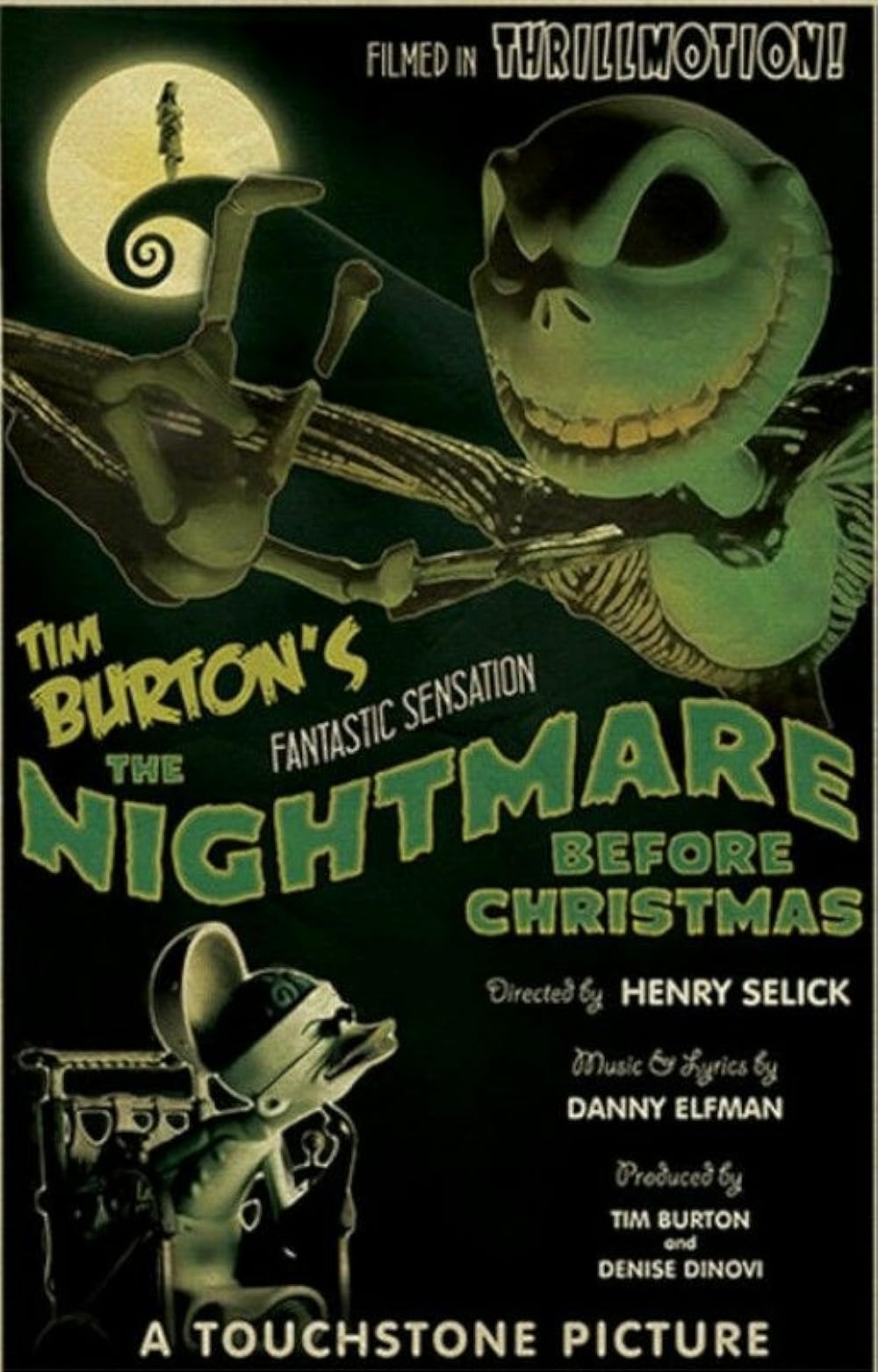 |
| HOME our dvd |
Upsettingly it's been six years (!?!) since any of us last watched this movie. In large part because the baby reached the point of finding scary movies scary and she's only just now willing to watch it again. And I am delighted to join her. I love this movie so much. Honestly, I think it's my favorite romance from any musical. And visually it's just amazing. Henry Selick's best movie. Tim Burton's best movie. Danny Elfman's best movie. Catherine O'Hara's best movie.
I could go on, but you get the point. It's bloody terrific.
 |
| HOME/ELSEWHERE our dvd |
This doesn't normally qualify for the list, but I've watched it four times in the last twenty-four hours and we'll have it running out our window all Halloween night, so I think I'm justified a few observations.
First, to the haters who dismiss it as low-budget animation, shut up. Because so what? Are you also complaining about the budget Keats had for "Ode on a Grecian Urn"? Just stop.
Because second, the limitations are part of what makes the best Charlie Brown animation so great. Even higher-budget offerings (eg The Peanuts Movie [2015] or Apple's new series, both of which are second-tier Peanuts animation, right up there with Thanksgiving and Easter) succeed in par by learning the lessons Bill Melendez learned from 1960s tv-budgets. For instance, the scene of Snoopy enjoying piano music goes one minute and forty-four seconds without so much as moving the camera (it's a little longer if you include the pan that follows Snoopy into position).
The color use is simple—not as daring or abstract as the dogfight scene or stuff in the original Christmas special or A Boy Named Charlie BrownA Boy Named Charlie Brown—but it has a similar effect. Then, although Schroeder's head occaionally moves and his fingers are busy, it's essentially a still frame. Snoopy is the only thing that moves. And so his movements have more importance than they would have in a busier frame. The same thing happens throughout as characters become still objects, directing our attention to what matters. And this works so well because the stuff that matters genuinely matters.
Plus, there are the gorgeous watercolor backgrounds and the sharp dialogue. Let me tell you: top-tier Peanuts holds up. The best of them are just as good as the strip. Which is high praise indeed.
.png)



